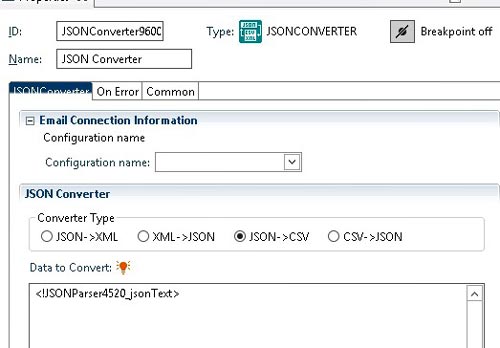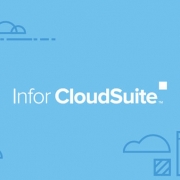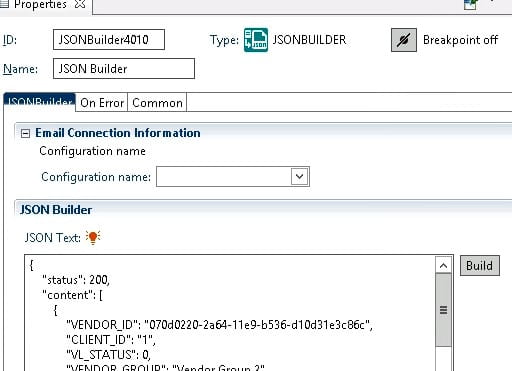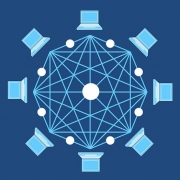Mark your calendars for Infor TechEd 2019 in San Diego, California. This 2-day event (Wednesday April 24-Friday April 26, 2019) will take place at the Estancia La Jolla Hotel and Spa.
Infor TechEd is a 2.5-day hands-on training event where you can learn directly from Infor product experts and improve your technical knowledge. This immersive education conference offers a unique opportunity for moderate to advanced technical administrator and development users to optimize your company’s investment in Infor CloudSuite Financials & Supply Management, Lawson, HCM, and Cloverleaf.
When
Wednesday, April 24th, 2019 → Friday, April 26th, 2019, from 7:30 to 2:00 (US/Pacific)
Where
Estancia La Jolla Hotel & Spa
9700 N. Torrey Pines Road
La Jolla, California 92037
USA
For More information, or to Register, Click Here
















